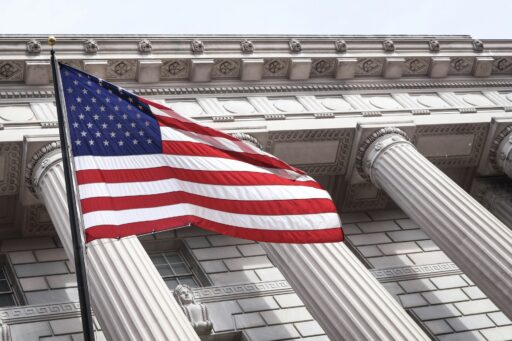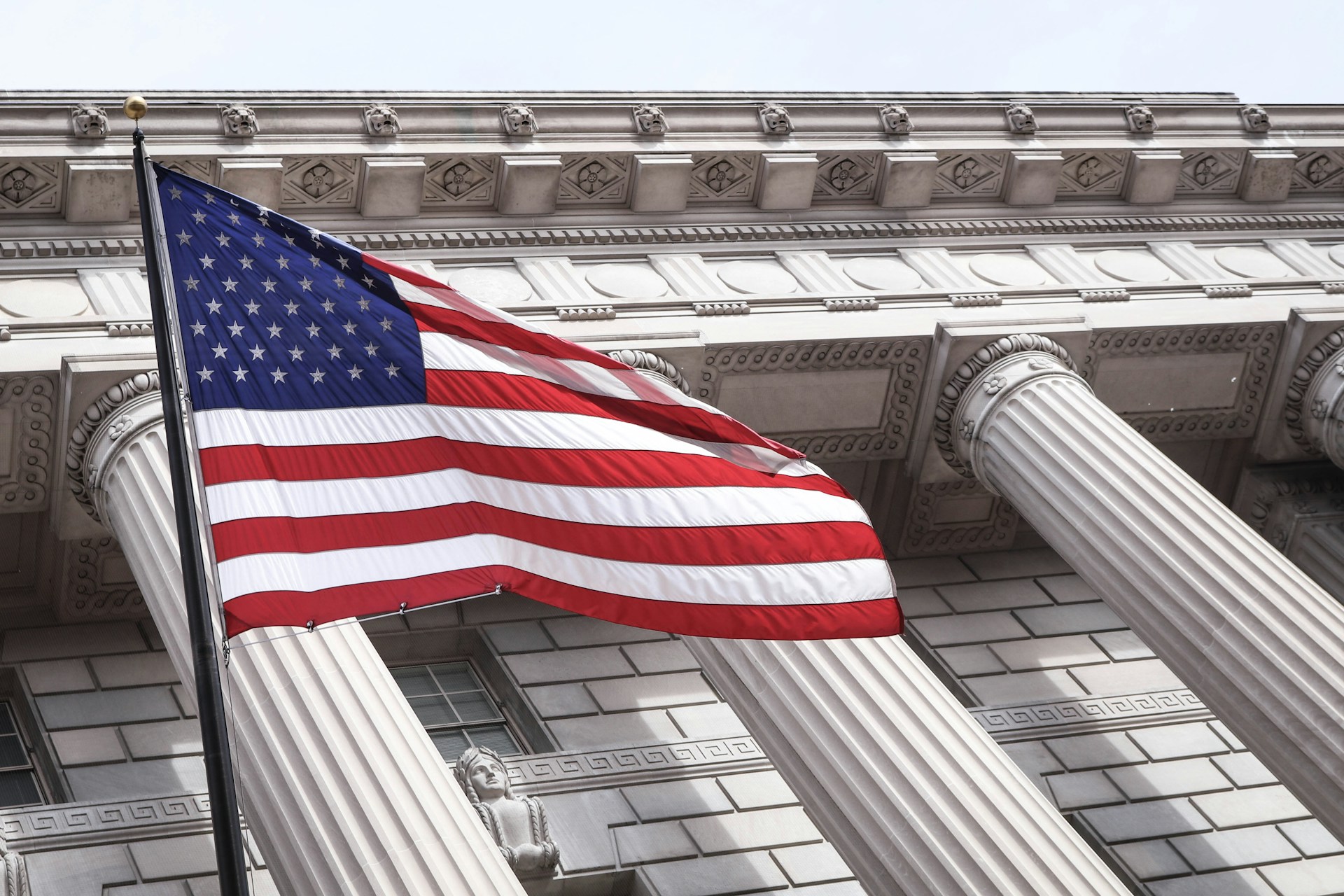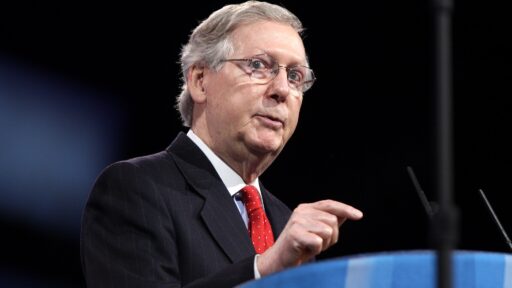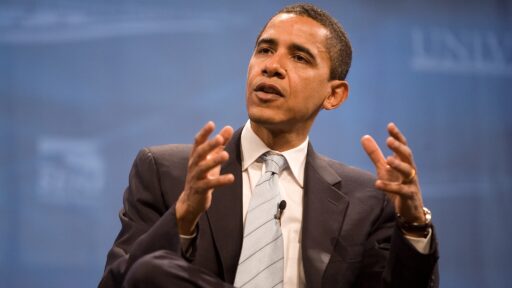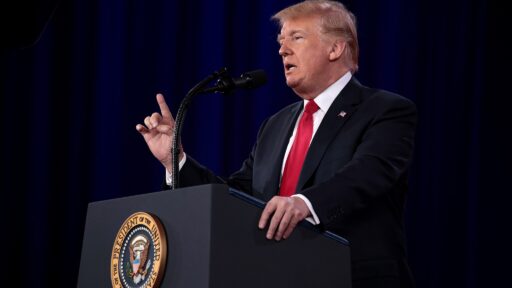Trump just can’t catch a break in court.
The ongoing legal battle involving former President Donald Trump took a significant turn on Friday when the case was sent back to U.S. District Judge Tanya Chutkan in Washington, D.C. This move follows a recent Supreme Court ruling that refined the scope of the charges against Trump related to his efforts to challenge the 2020 presidential election results.
The Supreme Court’s decision last month marked a pivotal moment, as it introduced a degree of immunity for former presidents, limiting how certain actions can be scrutinized in this case. Specifically, communications between Trump and the Department of Justice, as outlined in Special Counsel Jack Smith’s indictment, are now excluded from being used in the case against him.
Judge Chutkan is tasked with a crucial role in determining which actions in the indictment are considered official acts and which are not. This will require a detailed examination of the evidence and arguments presented by both sides. The process is expected to involve numerous motions and potential hearings, but the complexity of the case and the volume of work involved make it highly unlikely that a trial will occur before the upcoming November election, where Trump is the Republican nominee.
Legal experts suggest that Chutkan may expedite the proceedings, potentially leading to a series of pre-trial hearings. These hearings could focus on Trump’s actions following the 2020 election, a development that might satisfy his critics but also risks further inflaming political tensions. The Defend Democracy Project (DDP), which opposes Trump, has expressed hope that these hearings will shed more light on the allegations against him before the election, arguing that time remains to fully investigate the charges despite the Supreme Court’s decision to slow the process.
A law professor from George Washington University highlighted that while Smith has shown significant determination to advance the case, Chutkan’s approach may be constrained by the need to adhere to the Supreme Court’s guidelines. The professor pointed out that pre-trial motions have already posed considerable challenges, and Chutkan’s handling of the case will need to navigate these complexities carefully.
As the legal proceedings unfold, it remains clear that the intersection of this high-profile case with the presidential election adds layers of both urgency and difficulty, ensuring that the battle over Trump’s actions will continue to be a major topic of national discussion.


